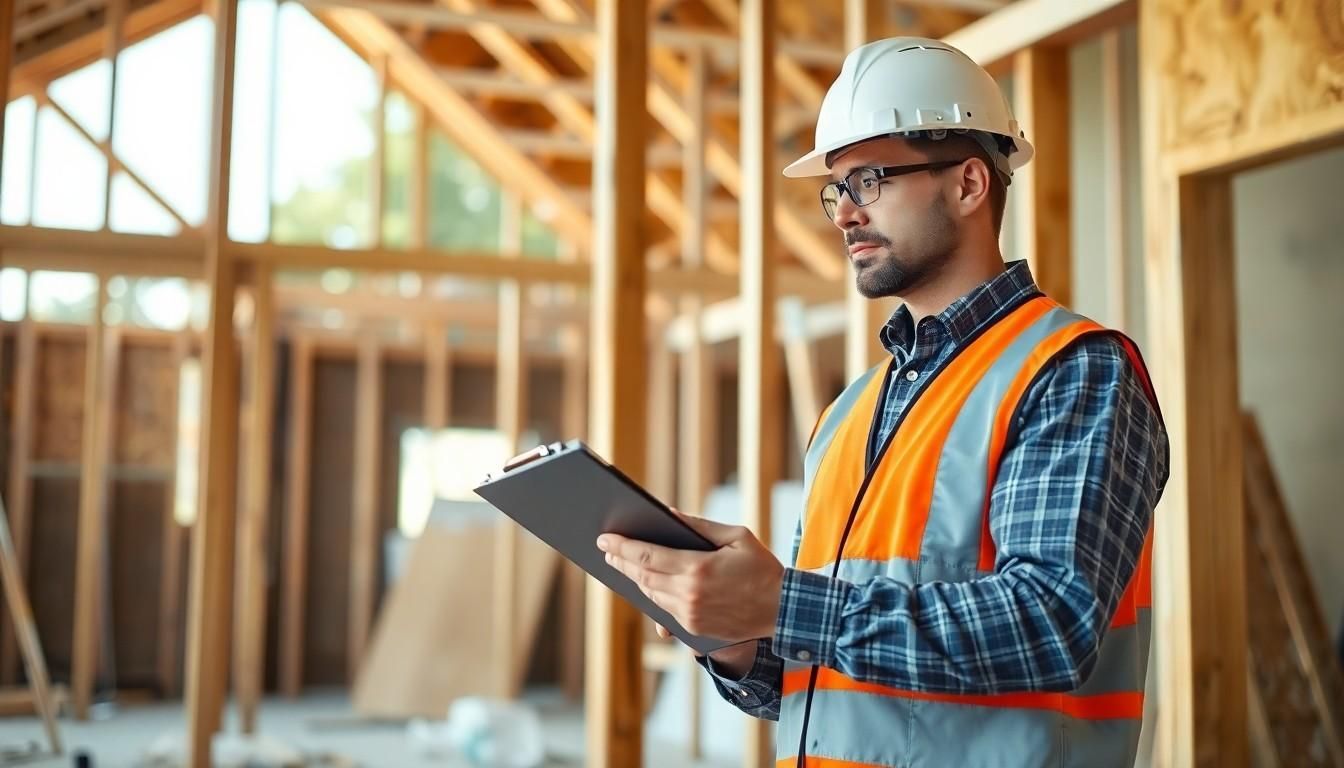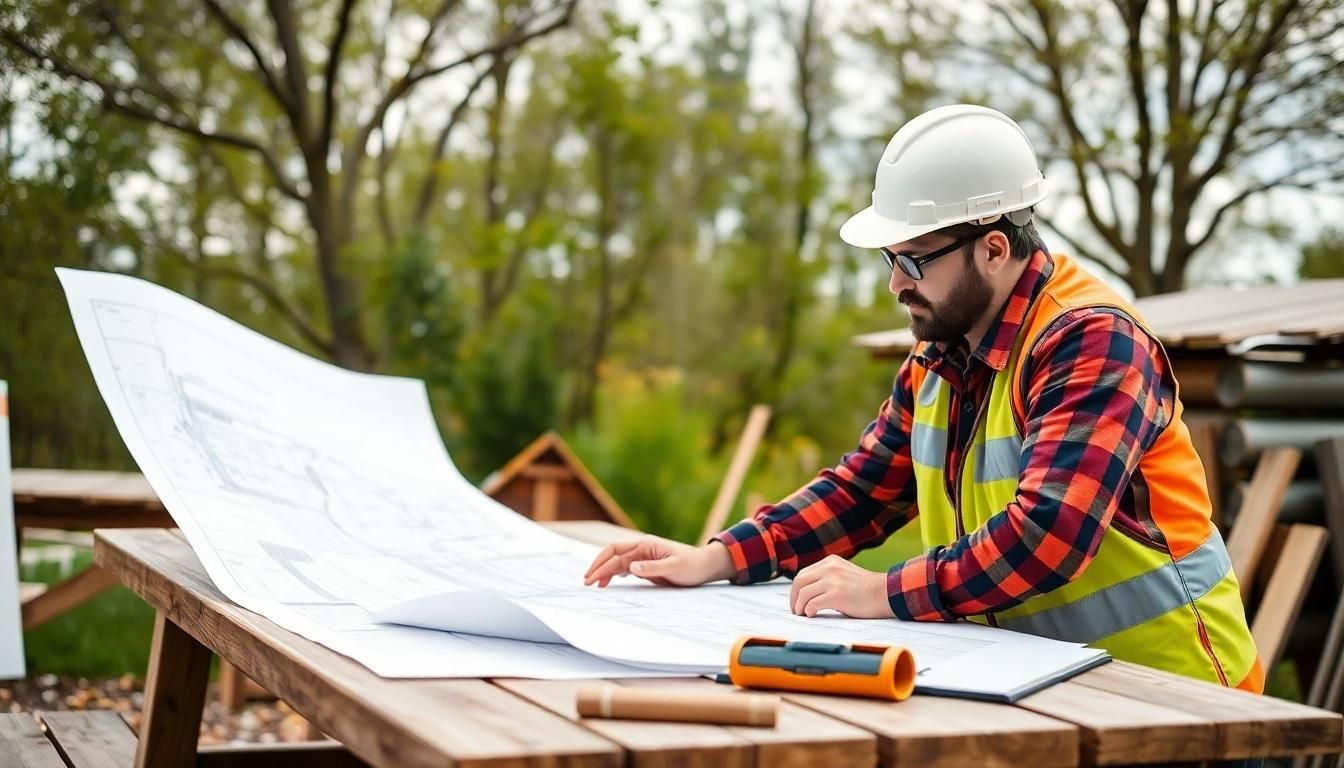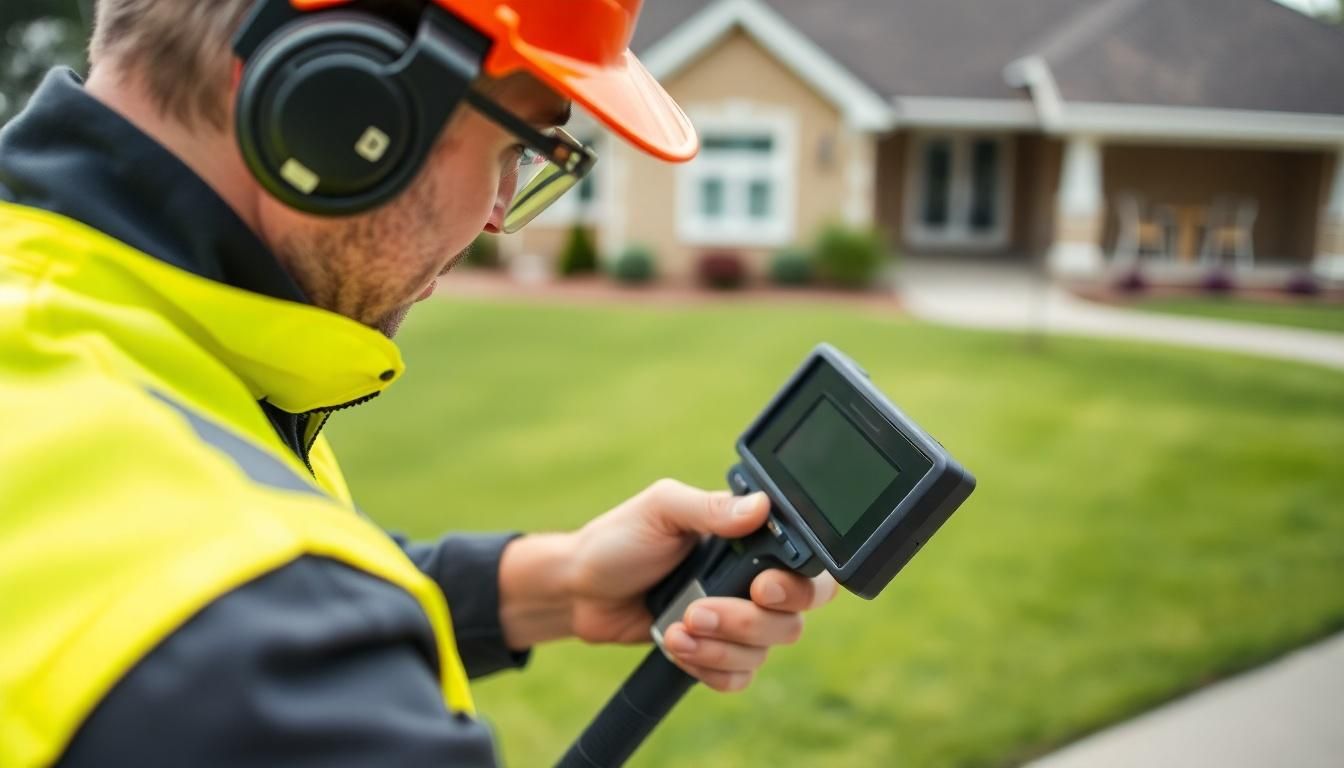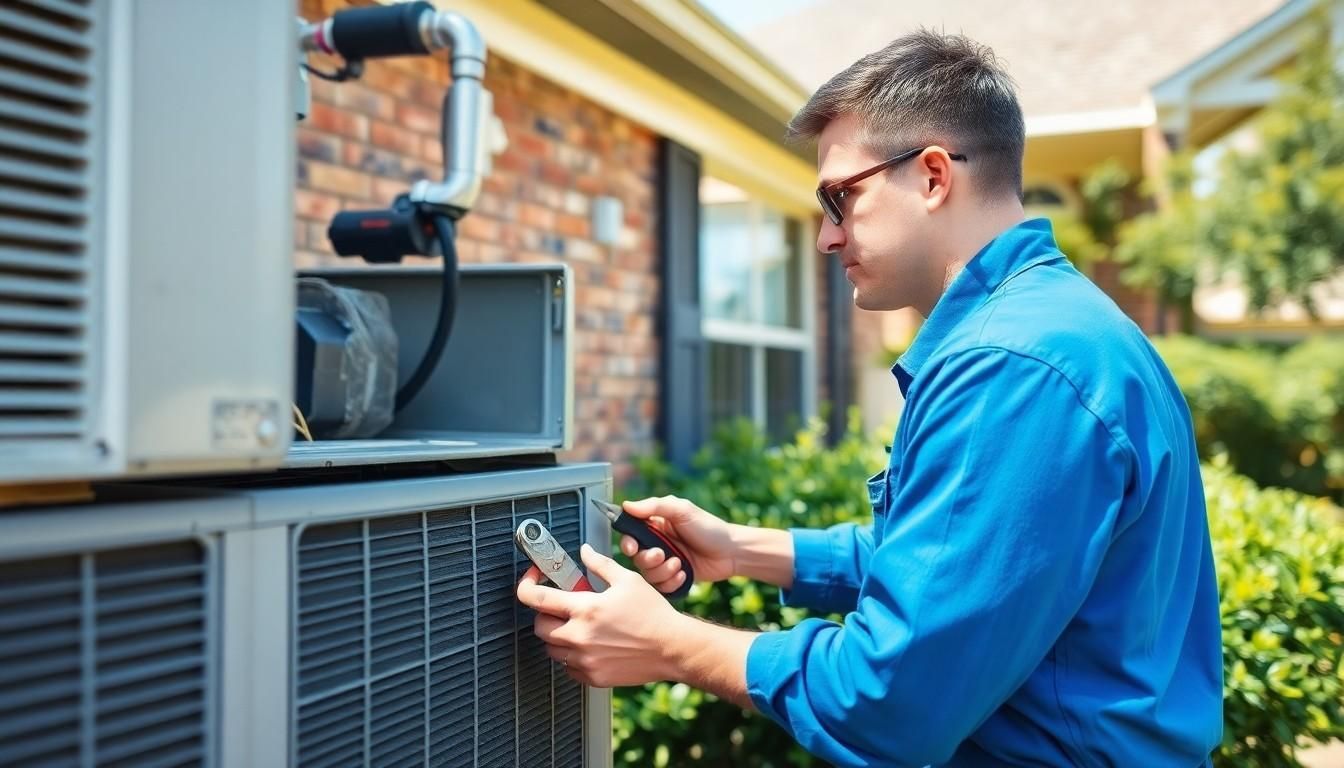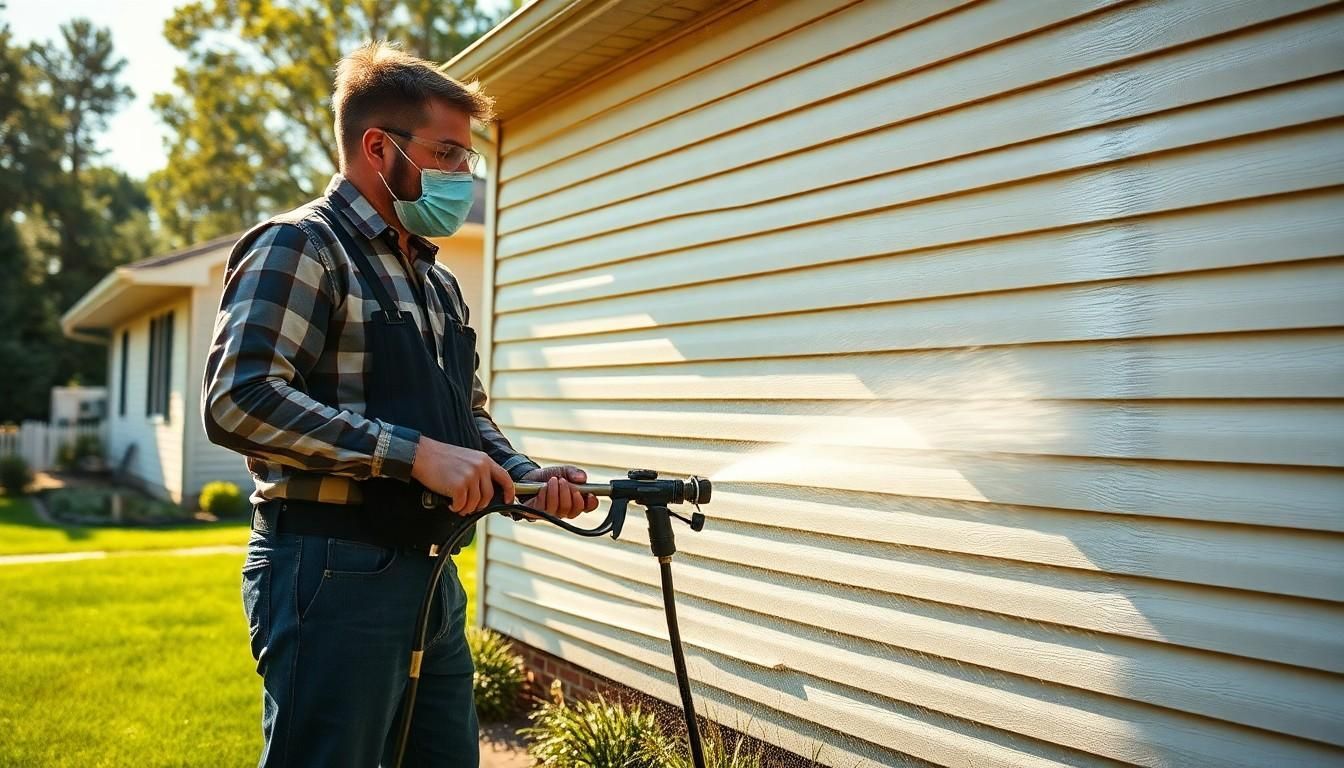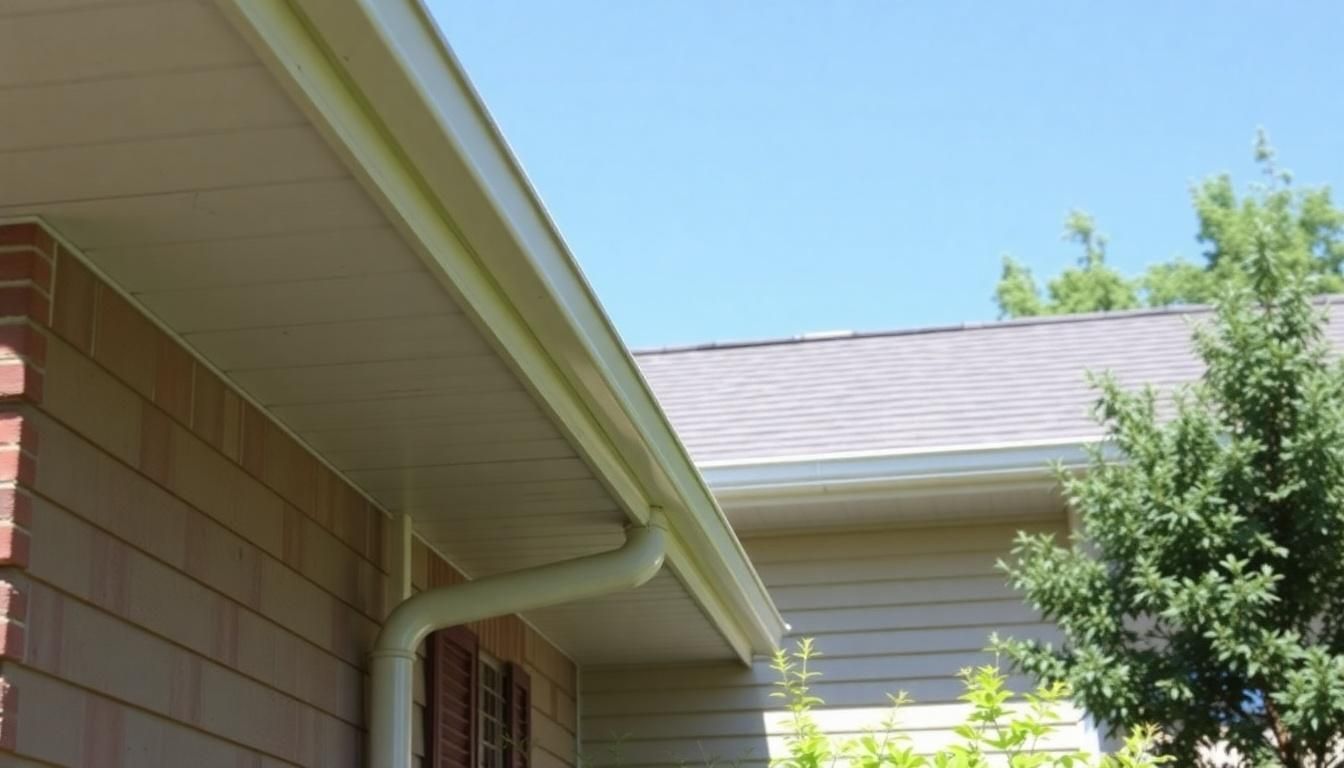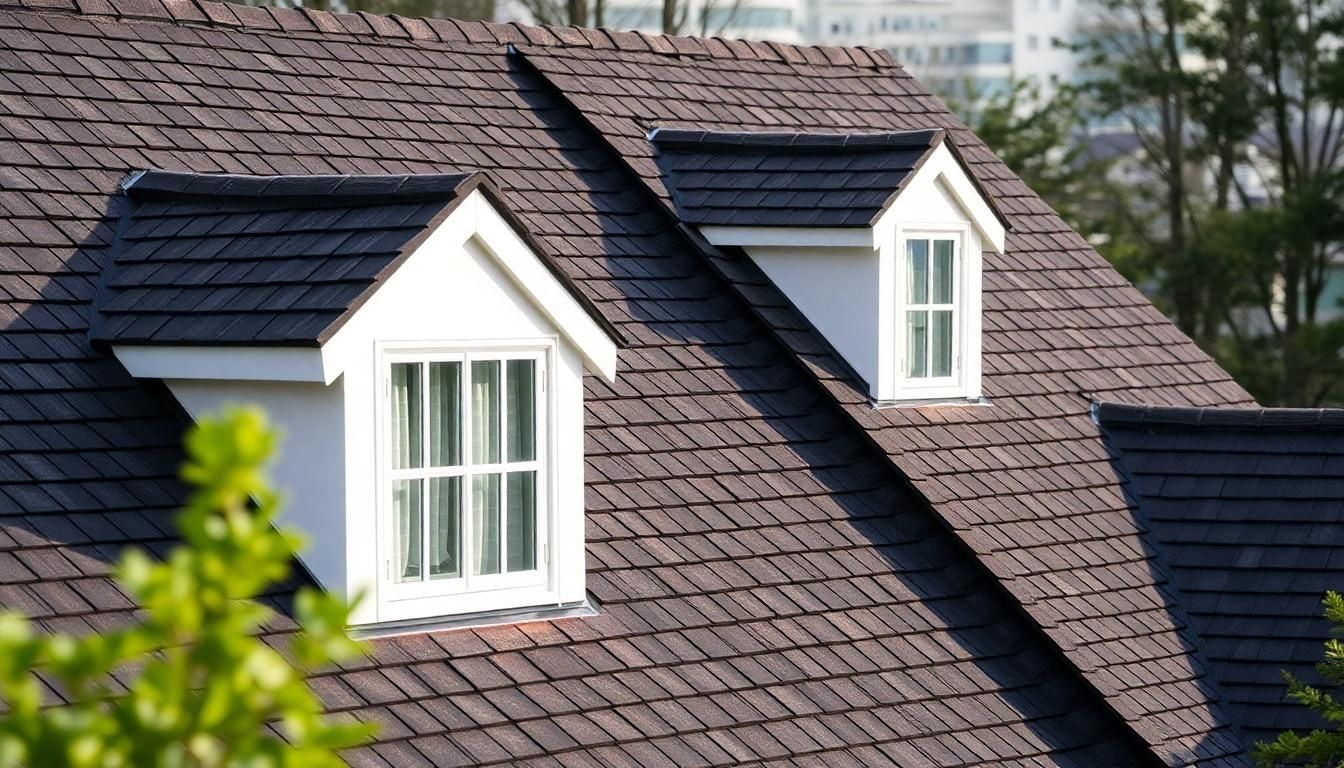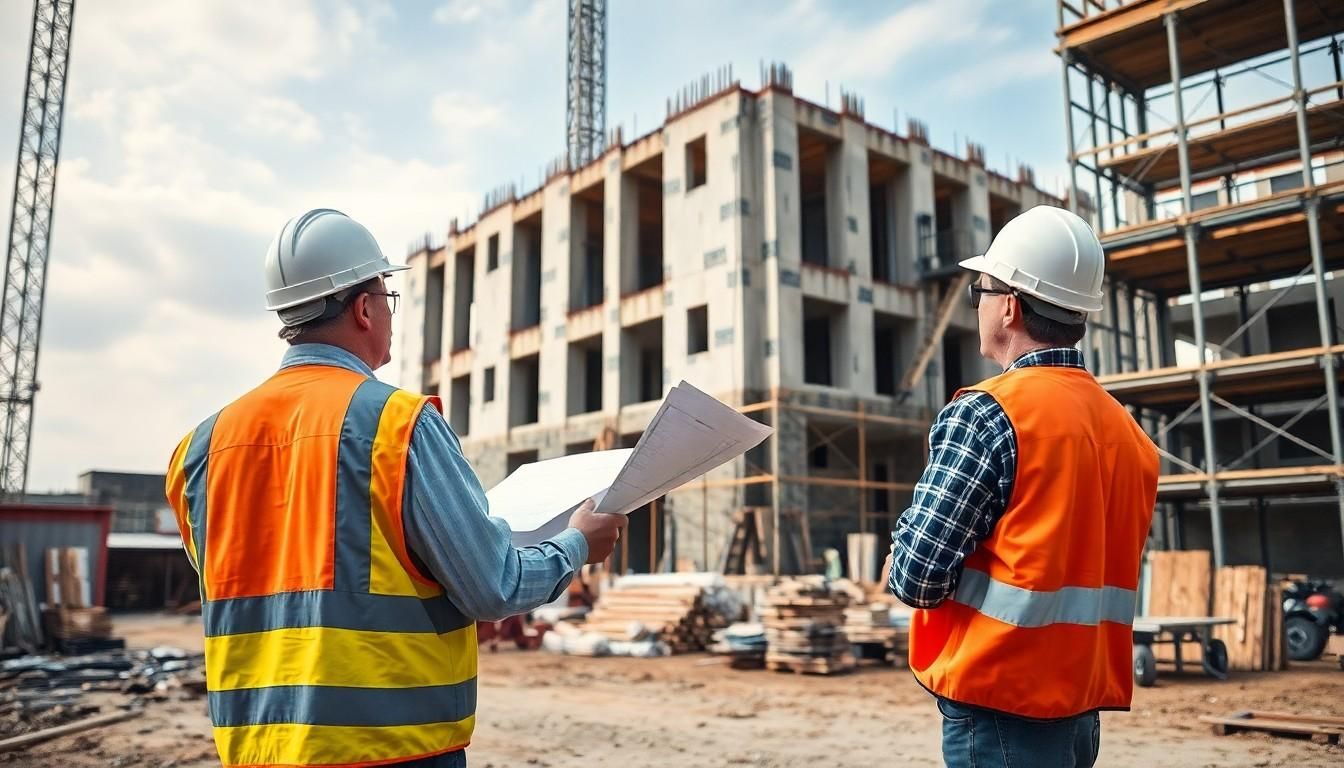Benefits of Home Inspection Before an Appraisal
- Home Inspection: Focuses on physical condition, identifying repairs needed.
- Appraisal: Assesses market value to ensure property is worth loan amount.
- Benefits of inspection before appraisal:
- Spot repairs
- Boost negotiating power
- Increase appeal
- Reduce unexpected costs
- Fixing issues enhances appraised value and buyer confidence.
- Preparation steps:
- Fix visible repairs
- Ensure home accessibility
- Improve curb appeal
- Gather documentation
- Schedule evaluations wisely.
- Inspection reports are valuable for negotiating better terms, like price cuts and repair agreements.
- Real-life examples show pre-appraisal inspections save money and enhance property value.
Before you dive into the appraisal process, have you considered the advantages of a home inspection? Conducting a thorough inspection beforehand can unveil potential repair needs that may affect property values and negotiation dynamics. Read on to discover the compelling benefits of conducting a home inspection before an appraisal.
Understanding the Distinction: Home Inspection vs. Appraisal
Home inspections and appraisals are essential in real estate, each focusing on different aspects. A home inspection looks at the physical condition of a property. It identifies repairs and maintenance needs. Buyers often request this to check the property's state, including its structure, electrical systems, and plumbing.
An appraisal assesses a home's market value. It focuses on nearby home values, location, and market trends. Lenders typically order appraisals to make sure a home is worth enough to serve as loan collateral.
These processes impact real estate deals in unique ways. Home inspections give buyers insight into possible issues, helping them negotiate repairs or price changes. Inspections reveal safety problems or code violations that might not appear in appraisals.
Meanwhile, appraisals assure lenders the property’s value matches the loan amount. They examine market and property conditions to set the fair market value, crucial for securing financing.
Understanding these differences helps buyers and sellers manage transactions better, ensuring all property aspects are properly evaluated.
Key Benefits of Conducting a Home Inspection Before Appraisal
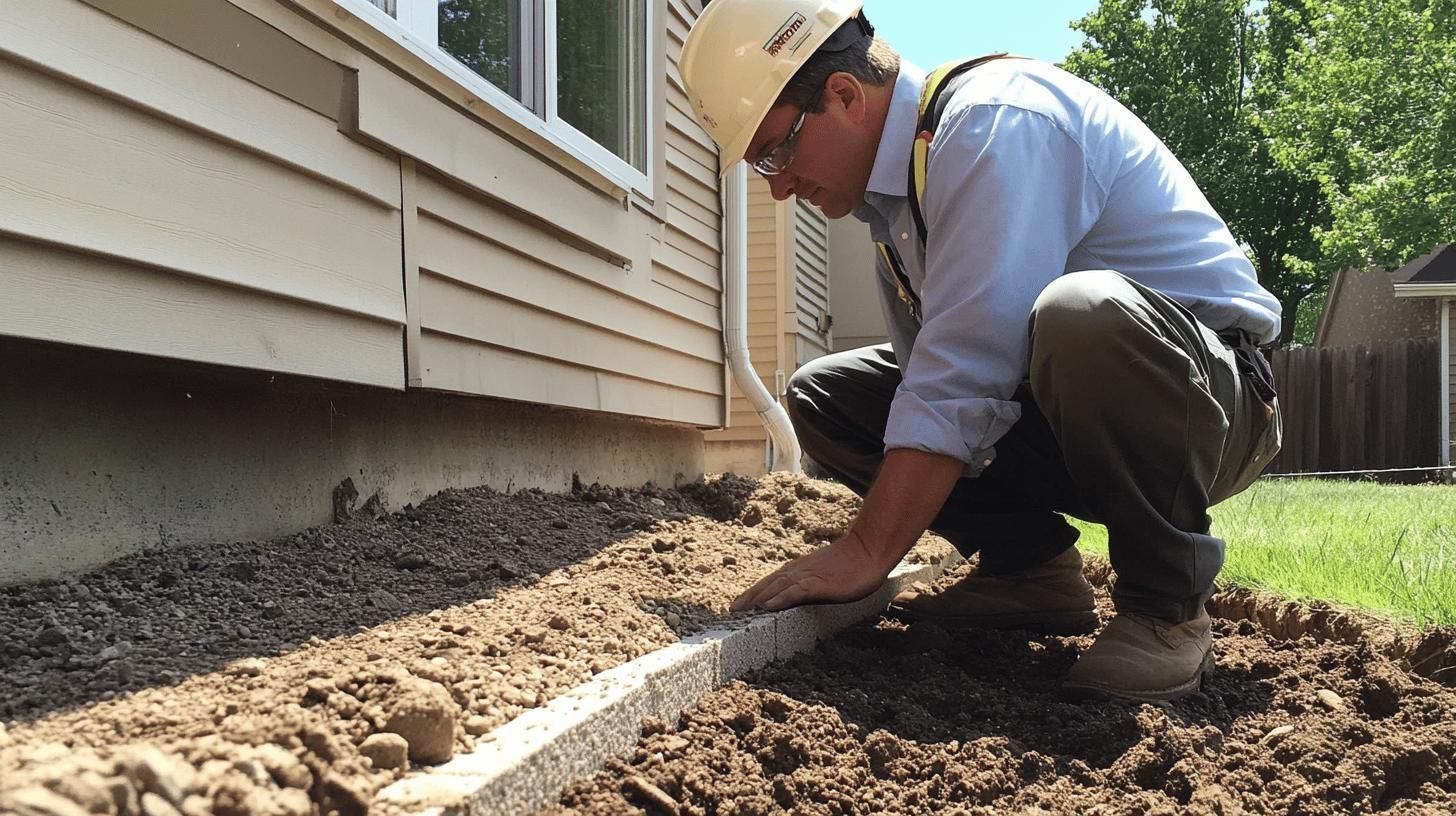
Doing a home inspection before an appraisal can greatly affect the appraisal. This helps identify and solve issues that might lower the home's value. Fixing these issues early means the home is in top shape for the appraiser. This approach removes potential red flags that could reduce appraised value, and makes the property more appealing to lenders.
Addressing problems before appraisal also prevents loan approval issues, as lenders may need certain conditions fixed before granting loans. Here are the benefits:
- Spotting necessary repairs.
- Boosting negotiating power.
- Increasing property appeal.
- Cutting unexpected costs.
How Home Inspections Influence Appraisal Outcomes
Fixing issues found in a home inspection can raise the property’s appraised value. Repairing structural problems or updating systems enhances marketability. This stops appraisers from noting red flags, like safety concerns, that could complicate loans. Solving these issues can smooth financing and possibly raise valuations.
Here are effects of unaddressed issues on appraisal:
- Lower appraised value.
- Loan approval problems.
- Lower buyer confidence.
By fixing inspection-identified issues, homeowners boost the property’s perceived value. Repairs enhance the property's appeal and safety, fostering buyer trust and stronger negotiation positions.
Practical Steps for Homeowners: Preparing for Inspections and Appraisals
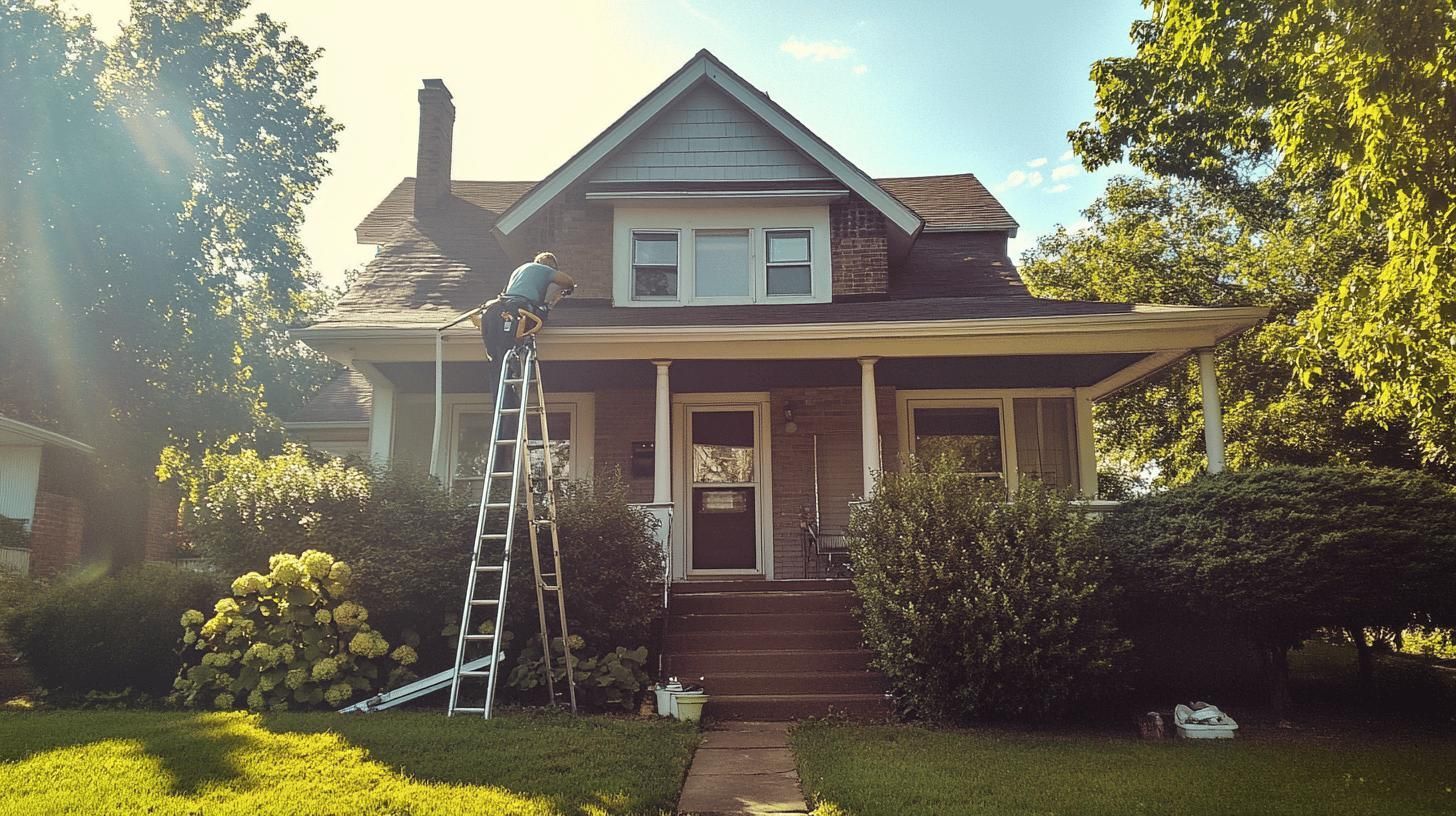
Getting ready for inspections and appraisals ensures the property looks its best, leading to better reports and appraised values. By addressing potential issues early, homeowners protect the property’s valuation and appeal.
Steps to prepare for inspection and appraisal:
- Fix visible repairs: Handle obvious issues like leaks, cracked windows, or damaged roofs. Prevent these from affecting the inspection or appraisal.
- Ensure home accessibility: Clean paths to attics, basements, and crawl spaces. Inspectors and appraisers need access to all areas.
- Improve curb appeal: A clean exterior affects first impressions. Trim lawns, clear debris, and consider fresh paint.
- Gather documentation: Collect permits, warranties, and maintenance records. These are helpful during appraisals.
- Schedule evaluations wisely: Leave enough time between inspection and appraisal to fix issues found.
Following these steps can lead to positive inspection and appraisal results, reduce negative findings, and strengthen the property's marketability.
Leveraging Inspection Findings for Better Negotiation in Real Estate
Inspection reports are valuable negotiation tools. They detail a property's condition, highlighting repairs or safety concerns. Buyers use this data to negotiate better terms, ensuring informed investment decisions.
Three negotiation strategies using inspection data:
- Request seller concessions or price cuts: Use reports to ask for financial concessions or price reductions based on issues.
- Negotiate repair agreements: Agree with sellers on repairs pre-closing, avoiding purchase price effects.
- Adjust offers based on findings: Significant issues can lead to offering adjustments reflecting true value post-repairs.
Final Words
Effective preparation involves understanding each process and addressing any identified issues proactively. Conducting a home inspection before an appraisal helps in detecting potential problems early, enhancing negotiating power and increasing property value.
By strategically preparing and leveraging inspection data, the benefits of having a home inspection before an appraisal lead to more successful real estate transactions and informed decision-making for buyers and sellers.
FAQ
Who pays for inspection and appraisal?
The buyer typically pays for both the home inspection and appraisal during a real estate transaction, ensuring the property's condition and value are accurately assessed.
Does a home inspection affect the appraisal?
Yes, a home inspection can reveal issues that impact the appraisal, as unresolved problems may lower the property's appraised value or complicate loan approval.
What is an appraisal inspection checklist?
An appraisal inspection checklist includes assessing the property's size, condition, and market comparables to determine its market value for a lender's security.
Should appraisal or inspection be done first?
It's generally advisable to conduct a home inspection first, so any significant issues identified can be resolved before the property is appraised.
What happens after a home inspection and appraisal?
After a home inspection and appraisal, buyers and sellers may negotiate repairs or price adjustments based on the findings before finalizing the sale.

